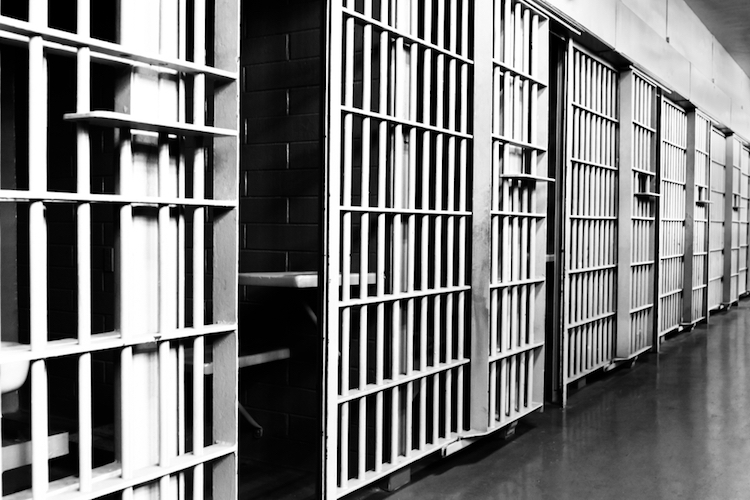Virginia is poised to broaden parole in move watched by other states

Image from Shutterstock.com.
Virginia lawmakers have passed a bill that would allow parole for hundreds of inmates, the first in a series of parole-expansion bills expected to win approval since the state largely banned parole.
The bill already passed by the Virginia legislature makes inmates eligible for parole if they were convicted by jurors who weren’t informed of a 1995 ban on parole, the New York Times reports. A 2000 Virginia Supreme Court decision required such notice be given, the Washington Post previously reported.
The governor, Ralph Northam, a Democrat, has said he would support the bill.
Other bills expected to pass the legislature would restore parole for inmates who served at least 20 years of their sentences or who are above age 50. Northam has not said whether he would sign those bills.
Virginia still allows reduced prison sentences for good behavior in prison, for inmates older than 61, and for those arrested before 1995.
Other states that virtually eliminated discretionary parole are watching Virginia closely, according to the New York Times. They include California, New York, Illinois and Pennsylvania.
Some Republican lawmakers argue that restoring parole will increase crime. Supporters of the change say too many people are incarcerated, and they deserve a second chance.
Among those who would like to benefit from a change in parole laws is Zenas Barnes, who says his lawyer didn’t tell him parole had largely been abolished when he accepted a plea deal with a 150-year sentence. Barnes was sentenced for three robberies committed when he was in his 20s.
Barnes told the New York Times that he and a friend pretended that they were carrying concealed guns when they robbed three fast-food restaurants during a period of a couple of weeks. He was shot eight times by police after the last robbery.
Barnes maintains that his lawyer told him that he could be released in five years if he accepted the deal.
The lawyer denied misleading Barnes in a hearing held to consider overturning the sentence. The lawyer agreed to give up his law license in 2015 after he was accused of misconduct that included accepting a fee while he was suspended.



